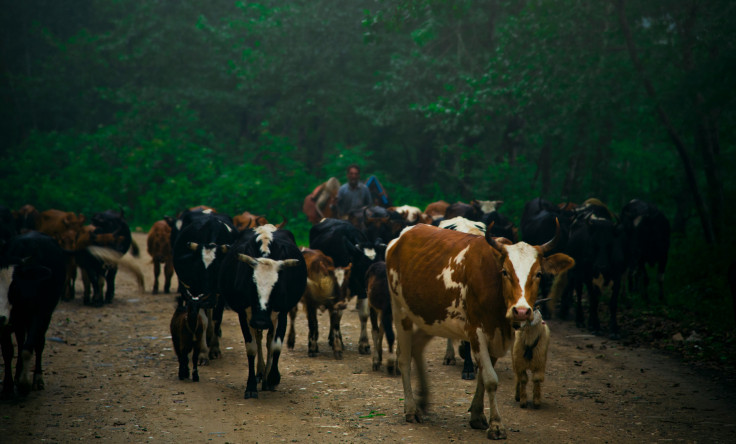Agriculture Dept. Updates Progress On Addressing Foot And Mouth Disease Outbreaks In Eastern Cape

Department of Agriculture revealed that three working groups have been set up to boost cooperation between the department, provincial authorities, and industry stakeholders to handle recent foot and mouth disease (FMD) outbreaks in the Eastern Cape.
The department emphasized that the situation is getting better in the Kouga and Kou-Kamma municipalities with fewer new FMD cases, noting that the last reported case was in mid-July.
FMD is a severe, highly contagious viral disease of livestock that has a significant economic impact. The disease affects cattle, swine, sheep, goats and other cloven-hoofed ruminants, according to World Organization for Animal Health.
"At present, cattle on 30 farms have tested positive for the disease. These farms have been placed under quarantine, and vaccination efforts are underway to control the spread of infection and reduce the severity of clinical symptoms," the department said, SA News reported.
It added, "Additionally, pre-emptive vaccination has been carried out on a further 37 farms identified as high risk due to their proximity to infected areas. This measure aims to create a buffer zone around the affected farms to further limit the spread of the disease."
Over 92,000 cattle and nearly 600 sheep on 67 farms have been vaccinated. The department plans to eventually eliminate the disease. To stop the spread of FMD, the Department of Agriculture established a Disease Management Area (DMA) on July 19.
This area includes parts of the Kouga and Kou-Kamma municipalities and helps control animal movements in and out of these regions. The main goals of the DMA are to prevent the disease from spreading to new areas and to reduce the viral load and infection within the current outbreak zone.
The Director of Animal Health issued a movement protocol for the DMA. This protocol is available on the Department of Agriculture, Land Reform, and Rural Development (DALRRD) and the Department of Rural Development and Agrarian Reform (DRDAR) websites, and copies can also be requested from AgriEC.
The department also addressed false claims that FMD is spread by birds and rodents. It mentioned that while it's theoretically possible, it's unlikely to be a major factor in the current outbreak.
The best way to prevent FMD is through strong biosecurity measures including preventing contact between susceptible animals and maintaining thorough cleaning and disinfection practices on farms.
© Copyright 2025 IBTimes ZA. All rights reserved.


















